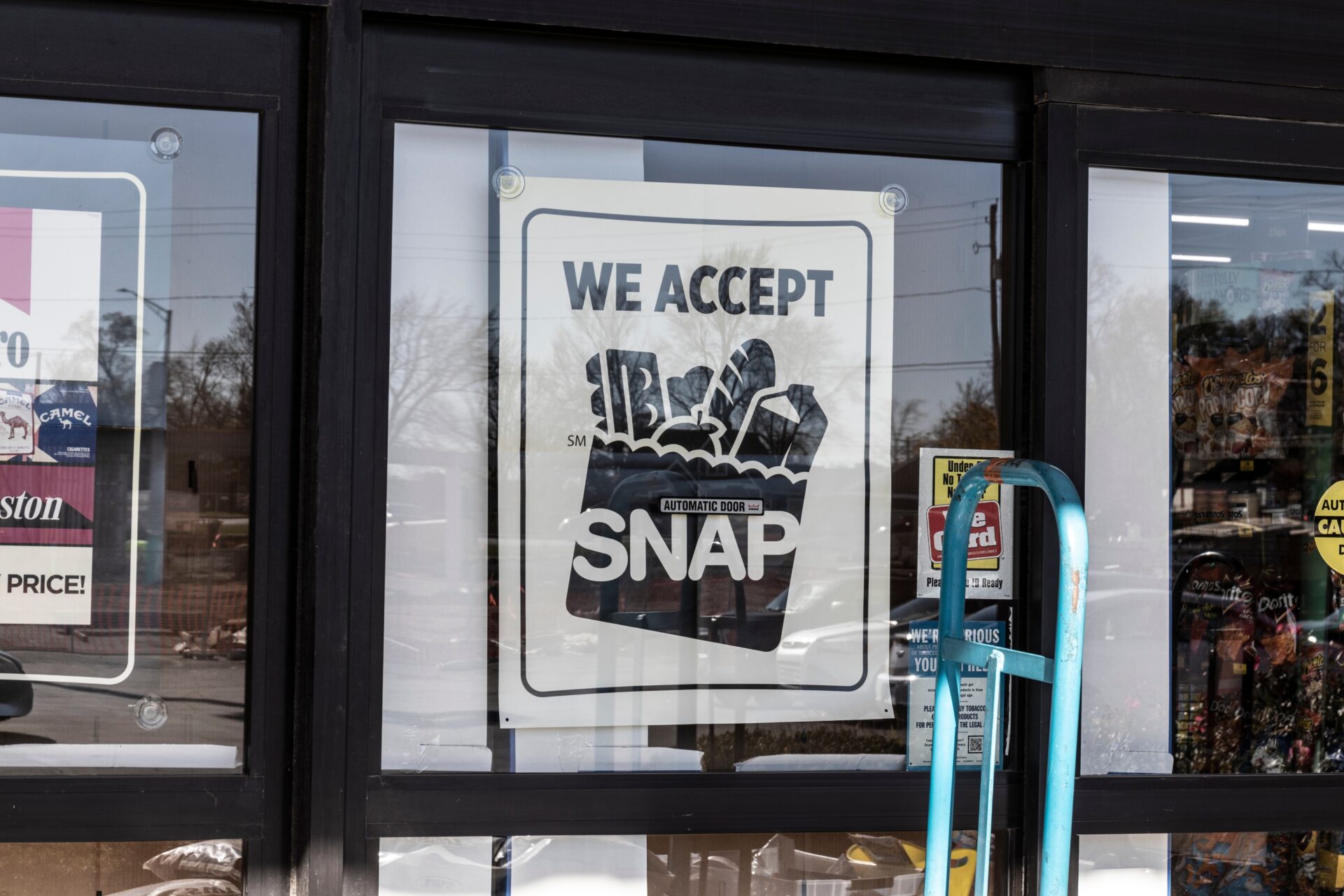
From FEAR to FIGHT – Can Justice Prevail for O.C.G.?
A Guatemalan man wrongfully deported to Mexico contrary to a judge’s order has been returned to the U.S., highlighting significant procedural failings in the immigration system.
At a Glance
- A Guatemalan man identified as O.C.G. was erroneously deported to Mexico despite judicial protection due to his status as a gay man facing persecution
- A federal judge ruled the deportation “lacked any semblance of due process” and ordered his return to the United States
- O.C.G. was subsequently sent from Mexico to Guatemala where he went into hiding before being allowed to return to the U.S.
- Upon return, he was taken into custody by Immigration and Customs Enforcement and transported to an Arizona detention facility
- This case represents the first known instance since January where DHS facilitated a return following a district court order
Improper Deportation and Court Intervention
The case of O.C.G., a Guatemalan man who was deported to Mexico despite having protection from a U.S. immigration judge, has brought renewed attention to deportation practices. O.C.G., who is gay, had received protection from deportation to his home country of Guatemala due to fears of persecution based on his sexual orientation. Despite this protection, immigration officials mistakenly sent him to Mexico, violating his due process rights and ignoring the existing court order that should have protected him.
U.S. District Judge Brian Murphy found that the deportation “lacked any semblance of due process” and ordered the Trump administration to facilitate O.C.G.’s return to the United States. The administration later admitted to error in falsely claiming O.C.G. was not afraid of returning to Mexico, when in fact he had reported being raped and extorted there previously.
Journey Through Three Countries
After being improperly deported to Mexico, authorities there subsequently returned O.C.G. to Guatemala—the very country from which he had fled due to fear of persecution based on his sexual orientation. While in Guatemala, O.C.G. was forced to go into hiding, living in constant fear for his safety. His return to the United States was finally made possible through a significant public benefit parole packet approved by U.S. authorities, allowing his temporary return while his case proceeds through the legal system.
Upon landing in California, O.C.G. was taken into custody by U.S. Immigration and Customs Enforcement and transported to a detention facility in Arizona. His legal team made contact with him while he was waiting to go through immigration procedures. If authorities again seek to deport him to a third country, the judge’s order requires that he be given due process, including proper notice and the opportunity to present his fear-based claim.
Broader Implications for Immigration Policy
This case represents the first known instance since January 20 where the Department of Homeland Security has facilitated a return following a district court order. According to attorney Trina Realmuto, “As far as we know, it is the first time since January 20 that (Department of Homeland Security) has facilitated return following a district court order.”
O.C.G.’s case is part of a series of federal court findings against recent deportation practices. In another notable case, the U.S. Supreme Court ordered the administration to facilitate the return of Kilmar Abrego Garcia from El Salvador after his erroneous deportation. Additionally, Federal Judge James Boasberg ruled that over 100 migrants sent to a prison in El Salvador must be given a chance to challenge their deportations, finding “significant evidence” that many migrants imprisoned there are not connected to the alleged gang affiliations used to justify their removal.
Legal Requirements Moving Forward
The administration has been given one week to provide a mechanism for these migrants to contest their deportations. These cases collectively highlight significant concerns about adherence to due process within the immigration system, particularly for vulnerable individuals like O.C.G. who face specific dangers based on their identity. The courts have made clear that regardless of immigration status, individuals have constitutional rights to proper legal proceedings before deportation can be executed, especially when legitimate fears of persecution or torture exist.
The outcome of O.C.G.’s case may establish important precedents for how immigration authorities handle similar situations in the future, particularly for individuals from the LGBTQ+ community seeking protection from persecution in their home countries. For now, O.C.G. remains in U.S. custody as his legal case continues to unfold.


